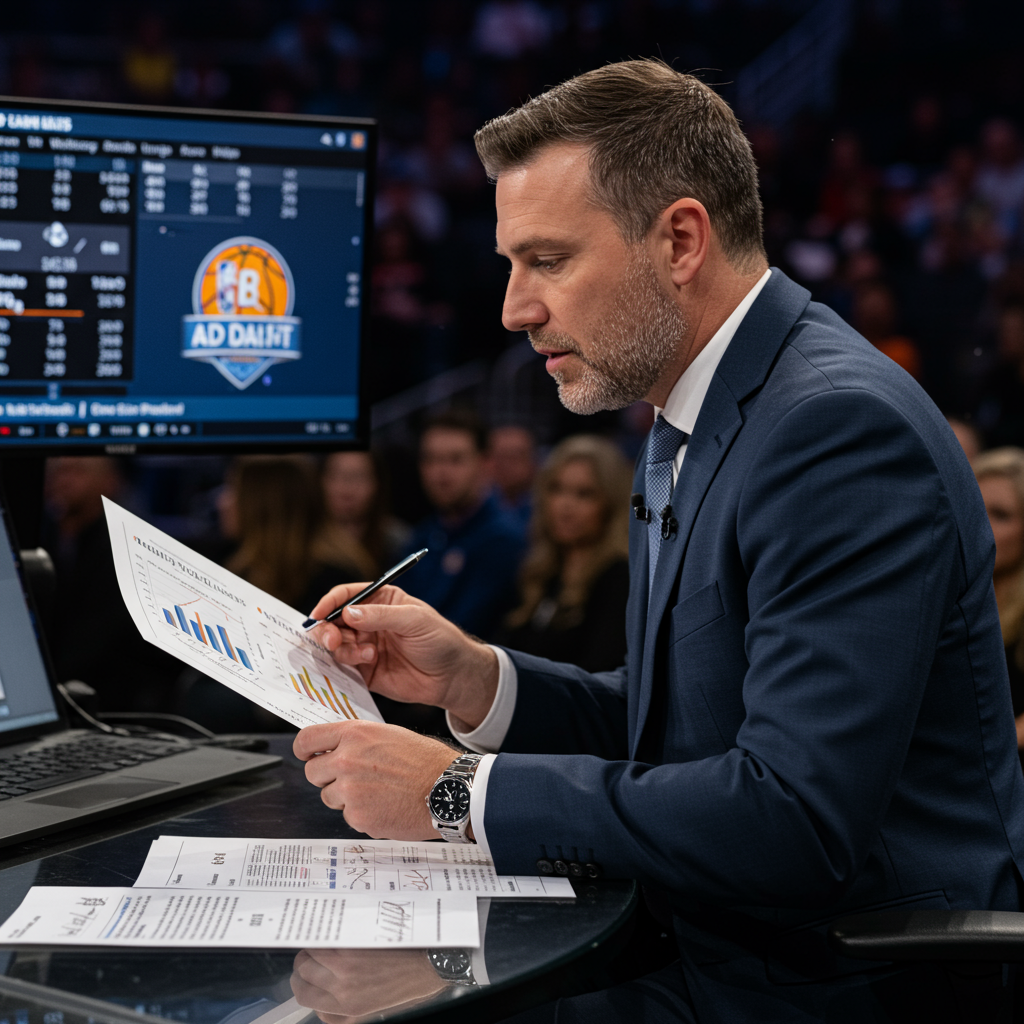The mixed martial arts world reeled recently with the news that Jon Jones, often debated as the greatest fighter of all time, has retired from the UFC Heavyweight Championship. The announcement, initially shared by UFC CEO Dana White and later confirmed by Jones himself, arrived without the fanfare typically surrounding the exit of such a titan. White’s seemingly disappointed tone hinted at a familiar narrative: Jones operating entirely on his own terms, right up to the very end.
However, this retirement is far from just a fighter stepping away. It arrives shrouded in fresh controversy, adding another complex layer to “Bones'” already tumultuous legacy.
A Retirement on “Jones’ Terms”… Or Forced Hand?
For years, Jon Jones has cultivated a reputation for moving at his own pace and prioritizing his needs, often to the frustration of the UFC, fans, and even fellow fighters. His retirement announcement follows a prolonged period of inactivity since his November victory over Stipe Miocic and, critically, squashes a highly anticipated heavyweight title unification bout against interim champion Tom Aspinall.
Jones had consistently downplayed Aspinall as an opponent, favoring a “legacy” fight against the 42-year-old Miocic instead. This pattern of seemingly charting his own course isn’t new. Remember the dramatic cancellation of UFC 151 in 2012 when Jones turned down a short-notice fight against Chael Sonnen, prompting a furious Dana White to label the decision “selfish”? Or the fallout with former teammate Rashad Evans after Jones pursued a title shot ahead of him?
These instances, coupled with contractual standoffs and long layoffs, painted a picture of a fighter fiercely protective of his control and status. The decision to retire now, particularly when faced with pressure to fight Aspinall, initially looked like just the latest example of Jones dictating the terms.
The Shadow of New Legal Troubles
Yet, external events may have played a significant role in the timing. News has emerged that Jones is reportedly facing a new criminal summons for a misdemeanor charge of leaving the scene of an accident stemming from an incident on February 21, 2025.
Police reports detail a crash where a woman was found injured and showing signs of intoxication in the passenger seat, alleging Jones was the driver who fled on foot. The report also includes disturbing accounts of alleged intoxicated behavior and veiled threats made by a man, believed to be Jones, during phone calls with police service aides after the incident. The woman reportedly told police she had consumed alcohol and psilocybin mushrooms at Jones’ residence prior to the crash and that he was the last person she remembered driving.
Jones’ legal team has reportedly countered these claims, asserting Jones was not driving and that the intoxicated woman made a false accusation to avoid a DWI charge herself. Regardless of the legal outcome, the timing of this new charge adding to a long history of legal entanglements (including the 2015 felony hit-and-run) casts a significant shadow over his retirement announcement, suggesting external pressures might be a factor.
A Divided Reaction: From “Quitter” to “Best Ever”
The reaction from the MMA community has been, predictably, divided and intense.
Fan Frustration: Many fans reacted critically, echoing the sentiment that Jones held up the heavyweight division and deliberately avoided challenging matchups, particularly against Aspinall. Accusations of “ducking” are prevalent, with many seeing his retirement timing as evidence. There’s significant support for Tom Aspinall, who was subsequently promoted to undisputed champion, with fans eager for the division to move forward. The manner of his exit – via a CEO announcement rather than a personal statement or final fight – has been called anticlimactic and fitting for his “train wreck” history.
Expert Opinions: Legendary figures offer contrasting views. Daniel Cormier, Jones’ fiercest rival, labeled the retirement a “quitter” move for not facing Aspinall, stating it negatively impacts his legacy. However, Cormier still holds deep respect for Jones as a competitor, citing their second fight at UFC 214 as proof of Jones’ unparalleled skill inside the octagon, despite the fight’s eventual overturn due to a drug test failure. In contrast, fellow undefeated legend Khabib Nurmagomedov offered high praise, calling Jones a “legend,” the “best who ever do it in UFC history,” and stating he has nothing left to prove.
Jones’ Narrative vs. The Reality
In his own retirement statement, Jones presented a positive, forward-looking message. He spoke of reflection, pushing boundaries, becoming the youngest champion, thanking supporters (including the UFC, family, coaches, and fans), and looking forward to new opportunities, stating “The best is yet to come” and that MMA will “always be a part of who I am.”
This framing stands in stark contrast to the messy realities that have frequently defined his career: multiple failed drug tests, stripped titles, numerous legal issues, controversial fight decisions, and periods of inactivity. While his in-cage resume is undeniable – including being the youngest UFC champion, numerous title defenses, and victories over multiple Hall of Fame caliber fighters – his career record of 28-1 (1 NC) is often debated due to the controversial DQ loss to Matt Hamill and overturned results.
The Complicated Legacy of “Bones”
Jon Jones retires, for now, leaving behind perhaps the most complicated legacy in mixed martial arts history. His brilliance and dominance inside the cage are undeniable, achieving milestones like spanning “three different eras” of fighters and consistently winning. Yet, his career is inextricably linked to controversy outside the octagon, from hit-and-runs and legal charges to failed drug tests and perceived strategic avoidance of opponents.
Whether this retirement is a permanent end or strategic leverage for a future return (as speculated by some, including Cormier, who warns against fighting anyone other than Aspinall), it arrives fittingly on uncertain terms, shadowed by legal questions and met with a deeply divided response from the community he dominated for so long. It seems even in stepping away, Jon Jones continues to operate in a manner that sparks debate, controversy, and a complex view of his place in history.



